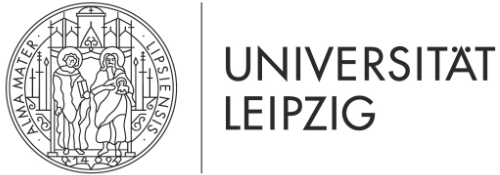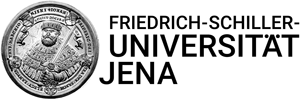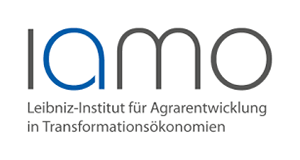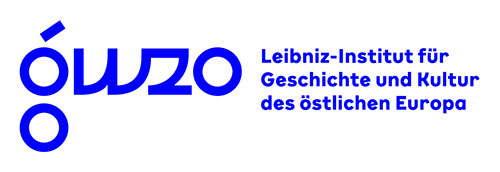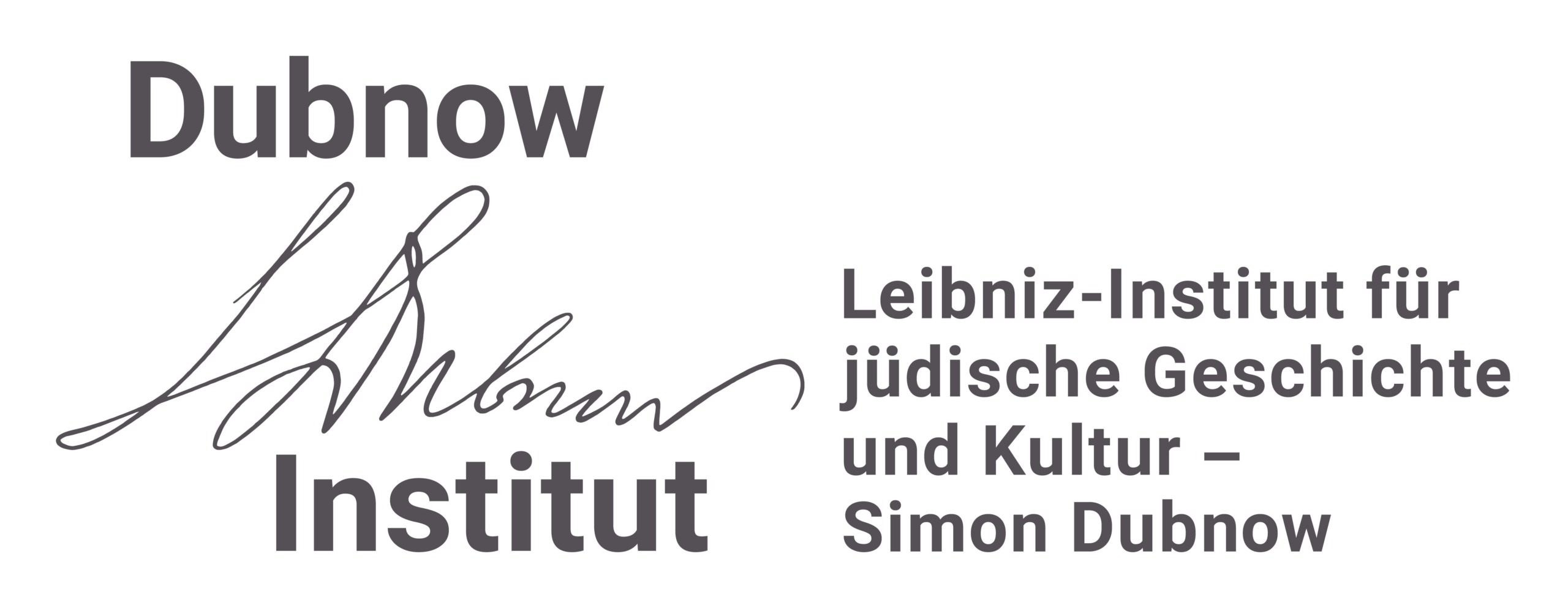Alexander Dontsow
Alexander Dontsow is a PhD Fellow working on the effects of intensification and expansion of the Belt and Road Initiative in Central-Eastern Europe on Russia’s foreign policy, under the supervision of Prof. Dr. Matthias Middell. He earned an MA degree in foreign regional studies from the Russian Presidential Academy of National Economy and Public Administration (Moscow, Russia). Prior to his work as a PhD Fellow, he has been working at the Federal Agency for Nationality Affairs of Russia, the International Historical and Civil Rights Society “Memorial”, as well as the American Center at the United States Embassy in Moscow. His research interests include Russian and Eurasian Studies, state and society in the post-communist world, international relations of the post-Warsaw Pact Europe and West Balkans, political sociology and comparative politics.
My research project
The self-positioning of Eastern European societies under the global condition, as well as characterization of their development under the influence from the third actors and reverse, is an integral part of the EEGA ScienceCampus’ research programme. Despite the many studies of the Belt and Road Initiative, Russian foreign policy, as well as politics and economics of Central, Eastern, and Southeast Europe, there is lack of research regarding the foreign policy development of the Russian Federation under the influence of “One Belt, One Road” in Europe, which means that there are multiple research gaps that can be addressed. Therefore, by improving understanding of the mechanisms of causation and effect in the political, academic, and economic relationship of Russia with China, the political developments in Moscow due to “China’s Rise” can be better understood and explained. Consequently, making the research useful to characterizing emerging regionalisms in Eastern Europe and Eurasia, and their relation to the global processes. Moreover, the project may allow for better understanding of the factors causing Russia’s regional positioning.
Despite the studies analyzing political relationships between the Communistblock countries, after the end of the Cold War, multiplicity of political, economic and cultural reorientation processes appeared among the post-communist states. Unstable economic dynamic and lack of ideology has arguably made it difficult to characterize political positioning of the post-communist Europe and Russia. Hence, my research attempts to address the financial and political investment associated with the “Road” part of the Belt and Road Initiative in post-communist Europe, in order to analyze and evaluate on changes in the perception of China, and policymaking in Russia. The focus is on a) government, b) academia, c) enterprise, d) media.
Some of my research questions are:
• Who is influential and responsible for drafting governmental policy towards the People’s Republic of China in Russia? How do they do it?
• What political and non-political actors can impact the public view of China in Russia?; In what ways?; What influences the directive?
• What is the role of the third actors?
• Which mechanisms of Russia-China political and economic relationship are affected?
